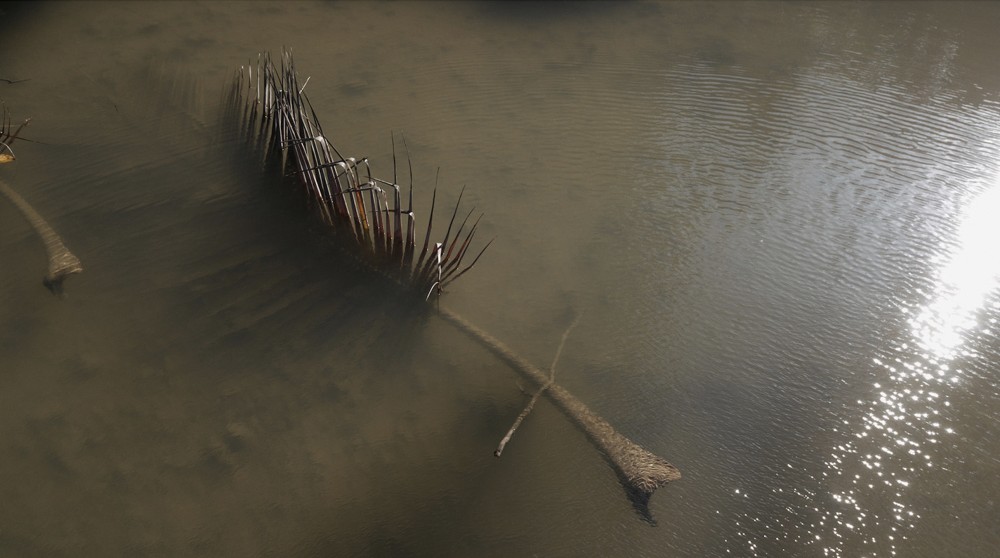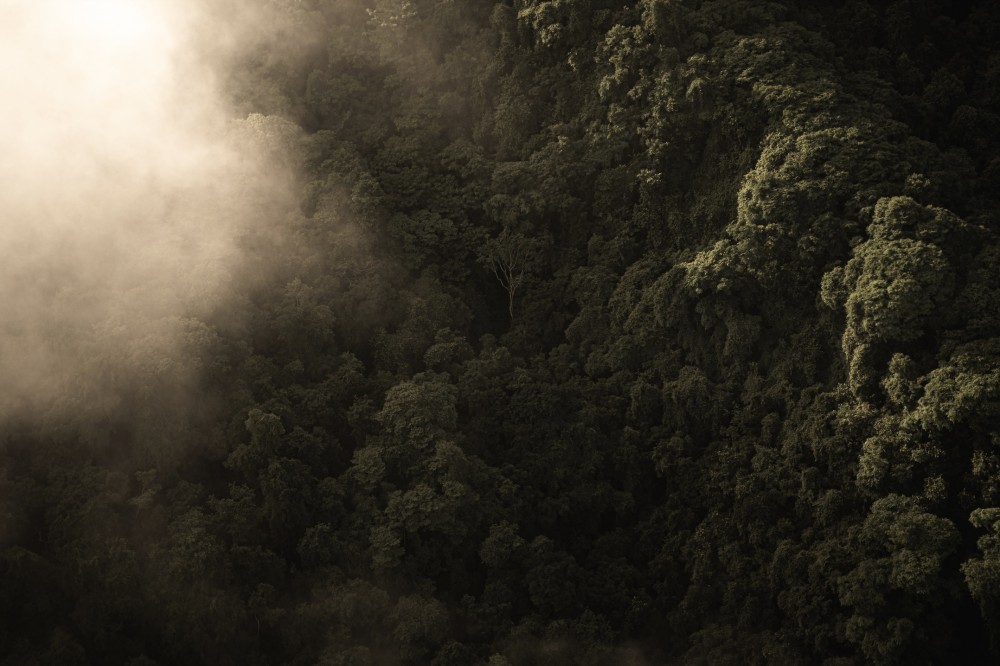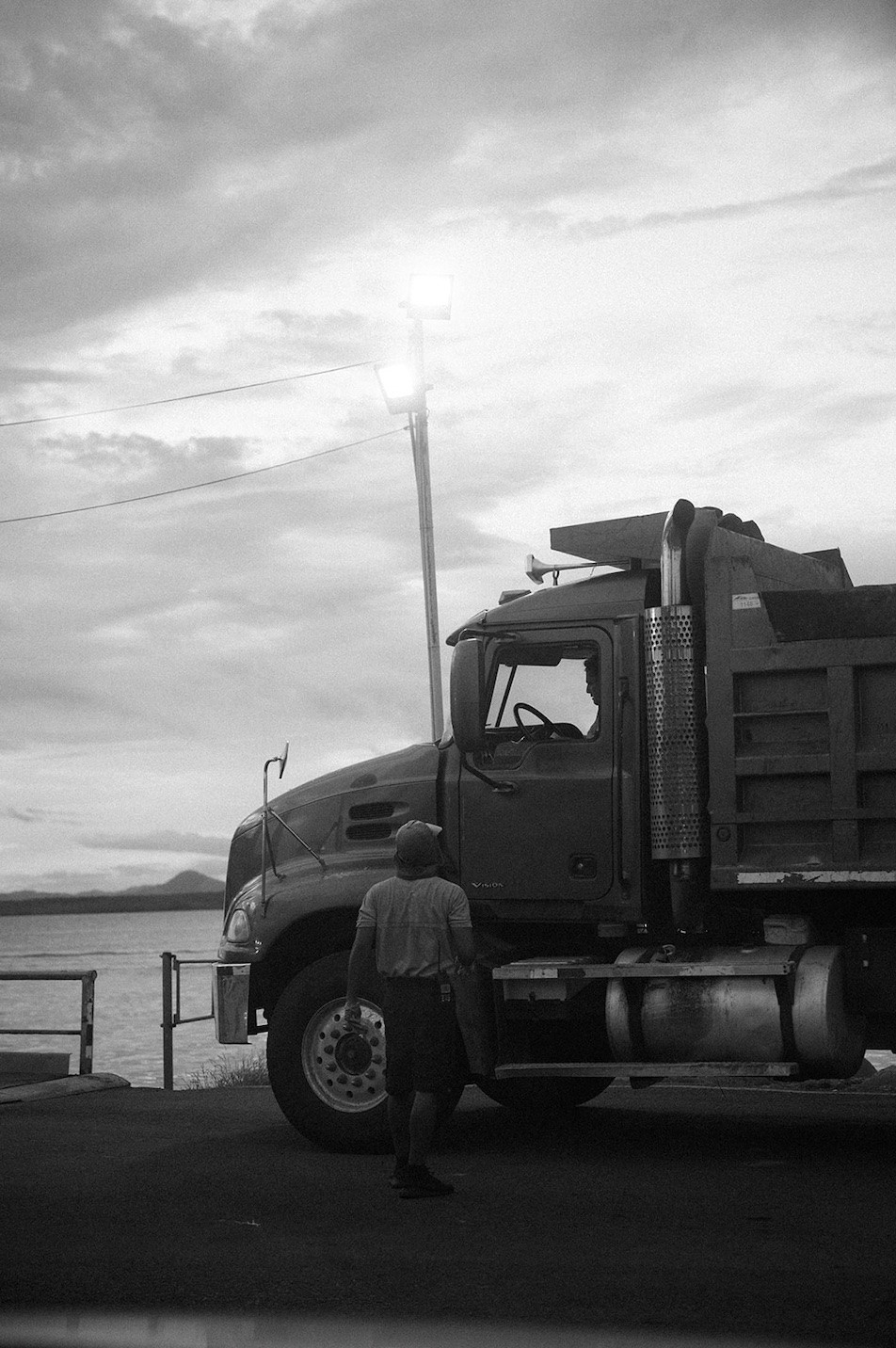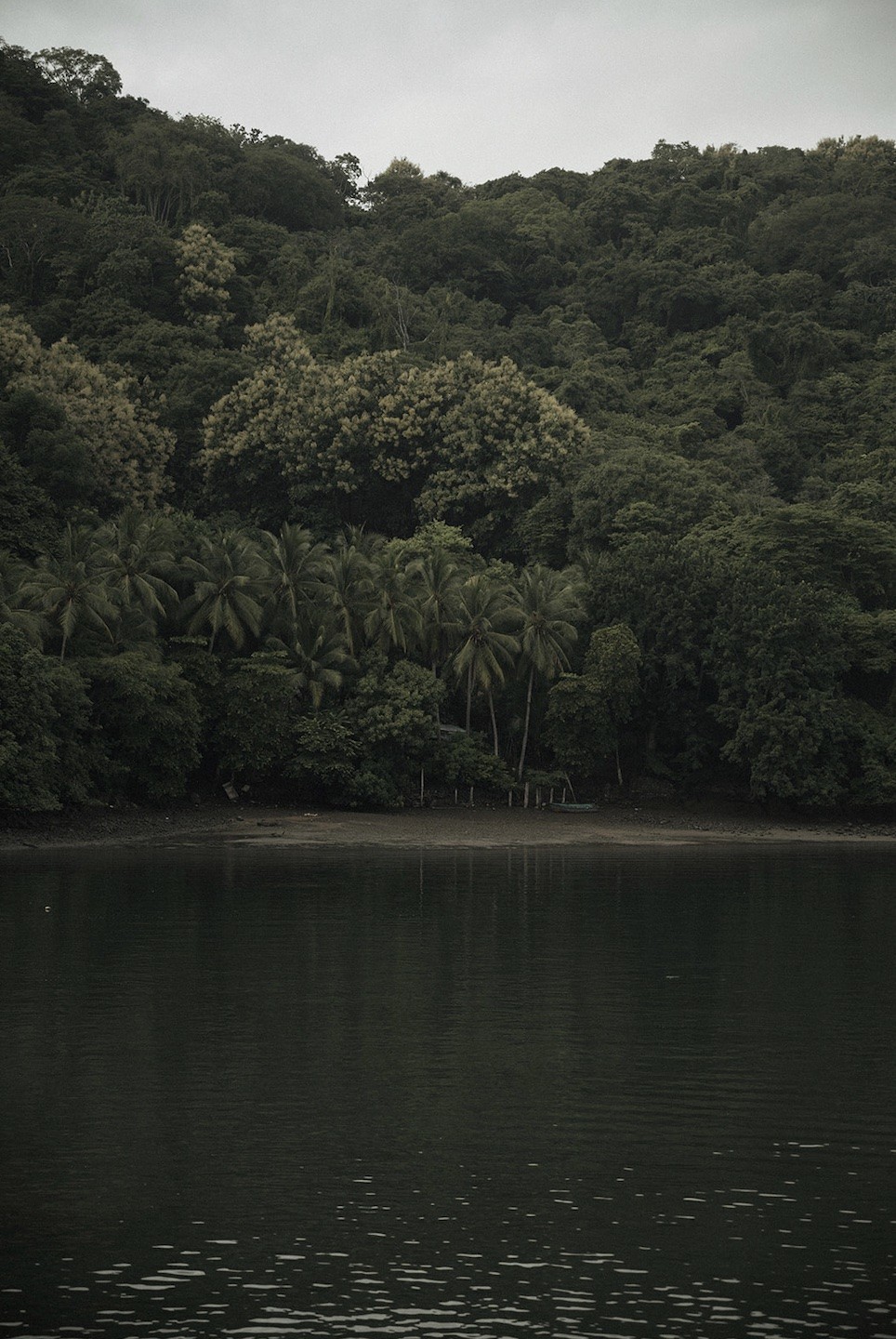Text by Romina Tello & Camilla Perez
Pictures by Ana Paula Alvarez
Climate change represents a vital threat to human societies.
With coral-reef degradation, rise in sea-levels, and the threat of more often and more intense natural disasters, destinations dependent on tourism, and our future generations, will find it extremely difficult to adapt to the loss of ecosystems that our livelihoods depend upon.
Today, CO2-neutral alternatives and lifestyles are more than ever necessary in order to offset the environmental damage we’ve already done to our planet.


Despite tourism’s great contribution to the development of destinations like Costa Rica, we can’t neglect its negative impact on the environment.
Scientific studies reveal that the Tourism Sector contributes in almost 1/10th to Global Warming and is responsible for 8% of all Global Greenhouse Gas Emissions.
From this number, an alarming 75% of emissions are produced by transportation services - mainly long-haul flights.
Nonetheless, it isn't always possible to avoid air transport altogether. Remote destinations - like Malpais and Santa Teresa - where economies are heavily dependent on tourists’ arrivals, would be severely affected should air travel become restricted.
As transport demand continues to grow around the world, the question remains: how can we ensure that we’re not harming the planet in our quest to explore more of it?
Luckily, there are major technological innovations currently underway to help offset the damage and ensure that, moving forward, it continues to decrease. Whether that’s in the form of electric vehicles or CO2 compensation schemes, there’s already a plan in motion to reach net-zero CO2 emissions from global energy by the year 2070.

Tourism needs to embrace regenerative actions to benefit the places we visit. That’s exactly the mission behind Zūnya’s CO2 offset initiative.
From February 15th 2022, Zūnya started offering all of its stayover guests the possibility to offset the carbon dioxide produced from their flights.
Visitors are now able to buy carbon credits at a rate of $6 USD per metric ton of CO2 produced, making use of the national initiative Climate Conscious Traveller, launched by the Costa Rican Chamber of Ecotourism (CANAECO). On average, travellers pay $20 USD for their whole trip’s CO2 compensation.
Through this initiative, each travelers’ donation is given directly to the Forestry Fund of Costa Rica (FONAFIFO), adding to the country’s well-known efforts in forest conservation and reforestation.
FONAFIFO is one of the leading organisms in Costa Rica to contribute to the country’s transition from 3% to 54% of conservation areas.
Through programs like the Climate Conscious Traveller, FONAFIFO collects donations and invests them in reforestation and conservation efforts such as:
- Paying selected land-owners in rural areas a monthly contribution in exchange of their commitment and work to conserving the forest in their land
- Supporting land-owners as they work to reforest their land with native species; this, through the provision of training, manpower and trees
- Buying-off land previously used for different purposes and reforesting it

Carbon emitted into the atmosphere will continue wreaking havoc unless important action is taken by countries and large-scale corporations.
But great change always begins with small actions.
We can all play a part by limiting our production of CO2 to the very minimum in all aspects of our lives.
Some high-impact changes you can try today include:
- Choosing overland transportation instead of flights whenever possible
- Supporting local producers instead of purchasing foreign products
- Considering giving the vegan lifestyle a try ;)
The time for climate action is now. Ending the climate crisis is not something we can continue to put off for future generations to deal with because, sooner or later, it’ll be too late.
If you’re interested in offsetting your trip to Costa Rica, contact Romina on [email protected].

